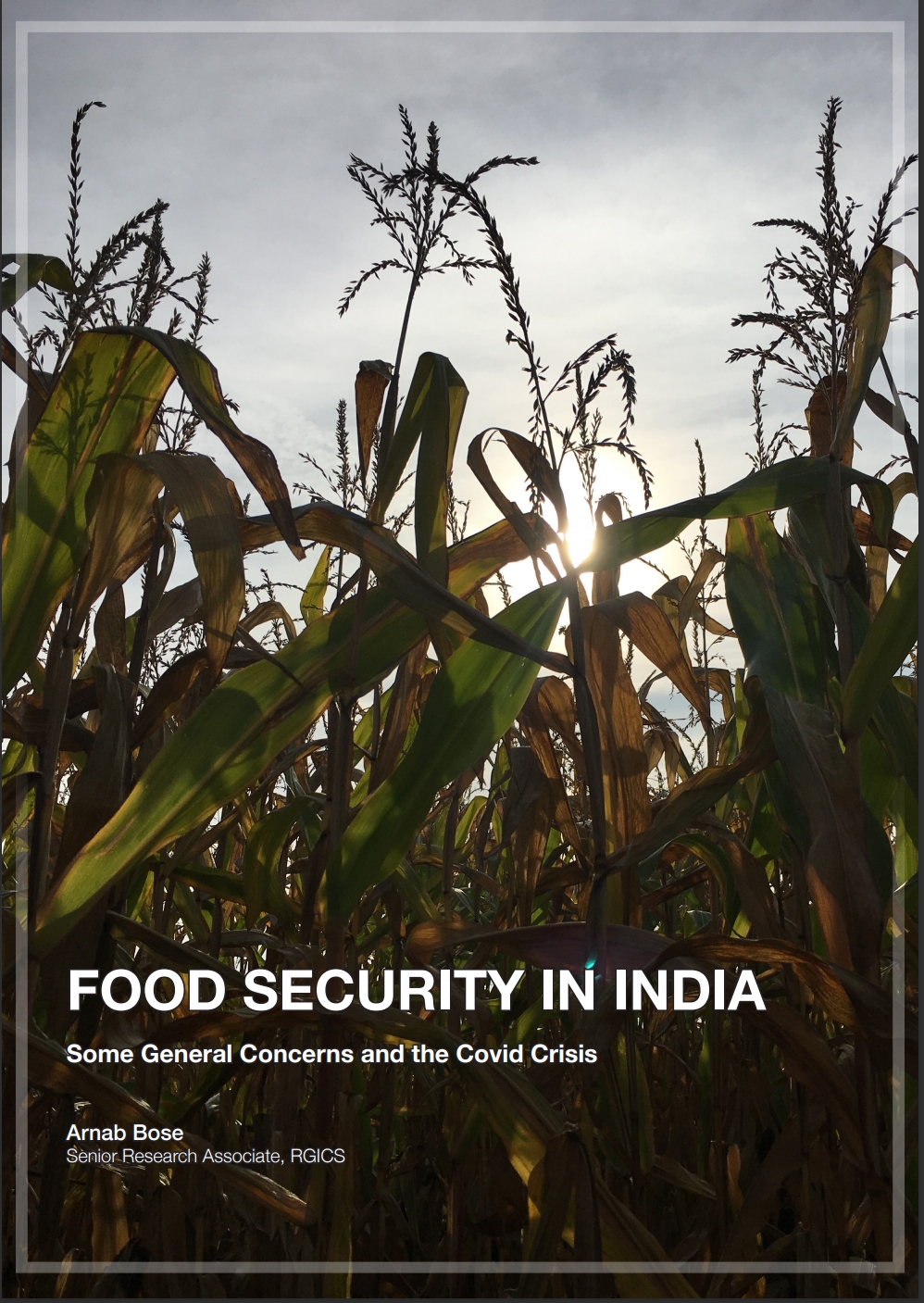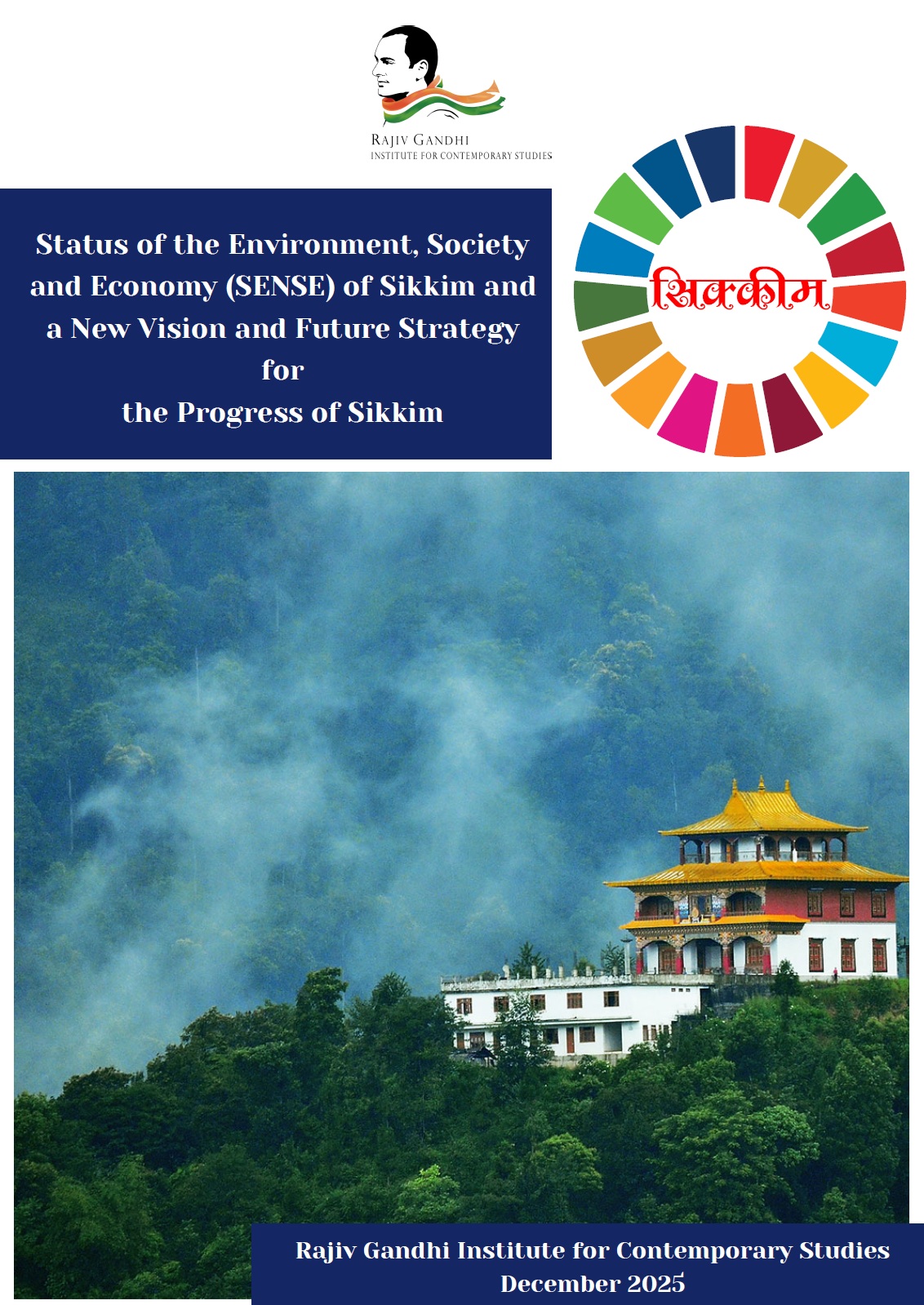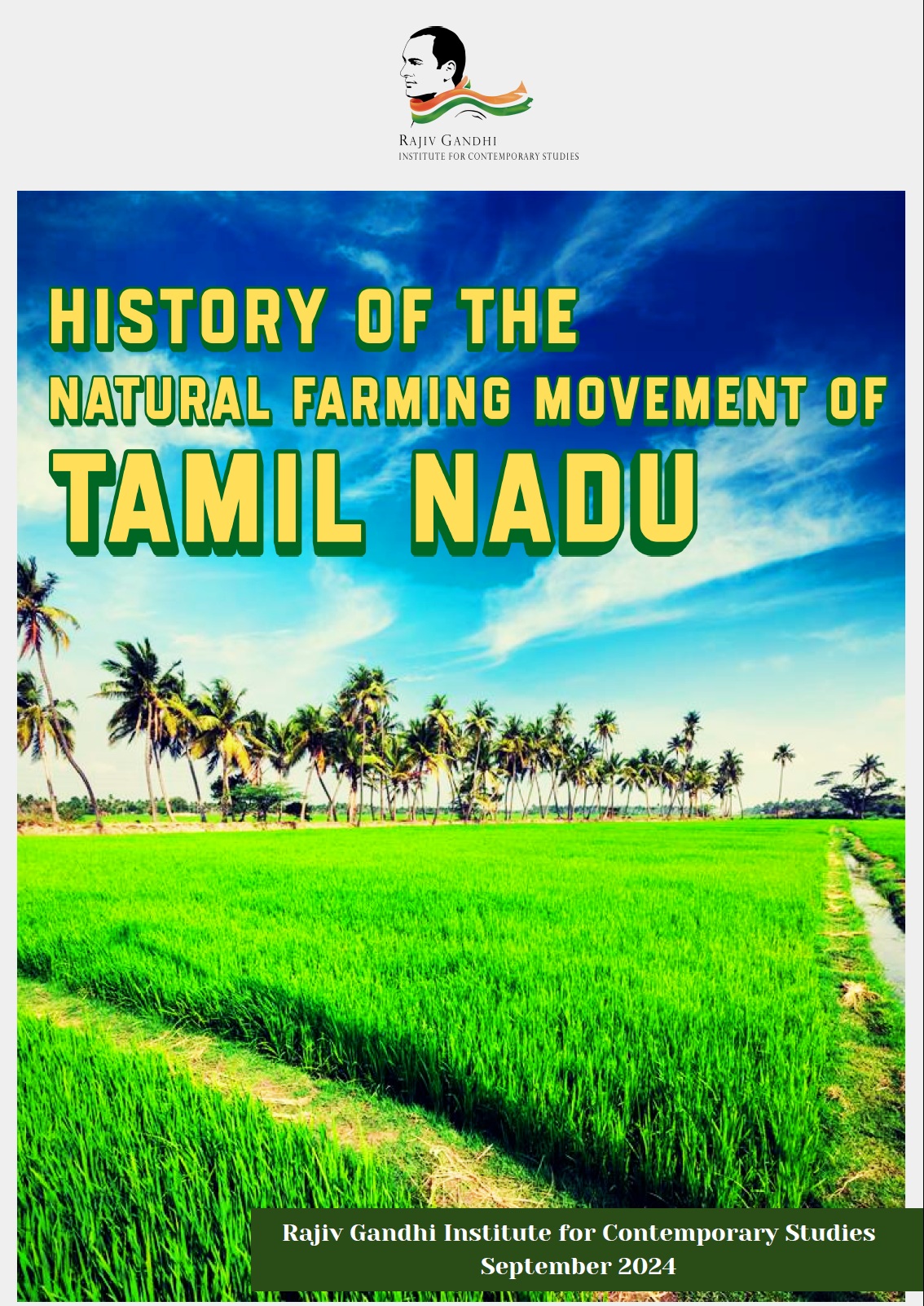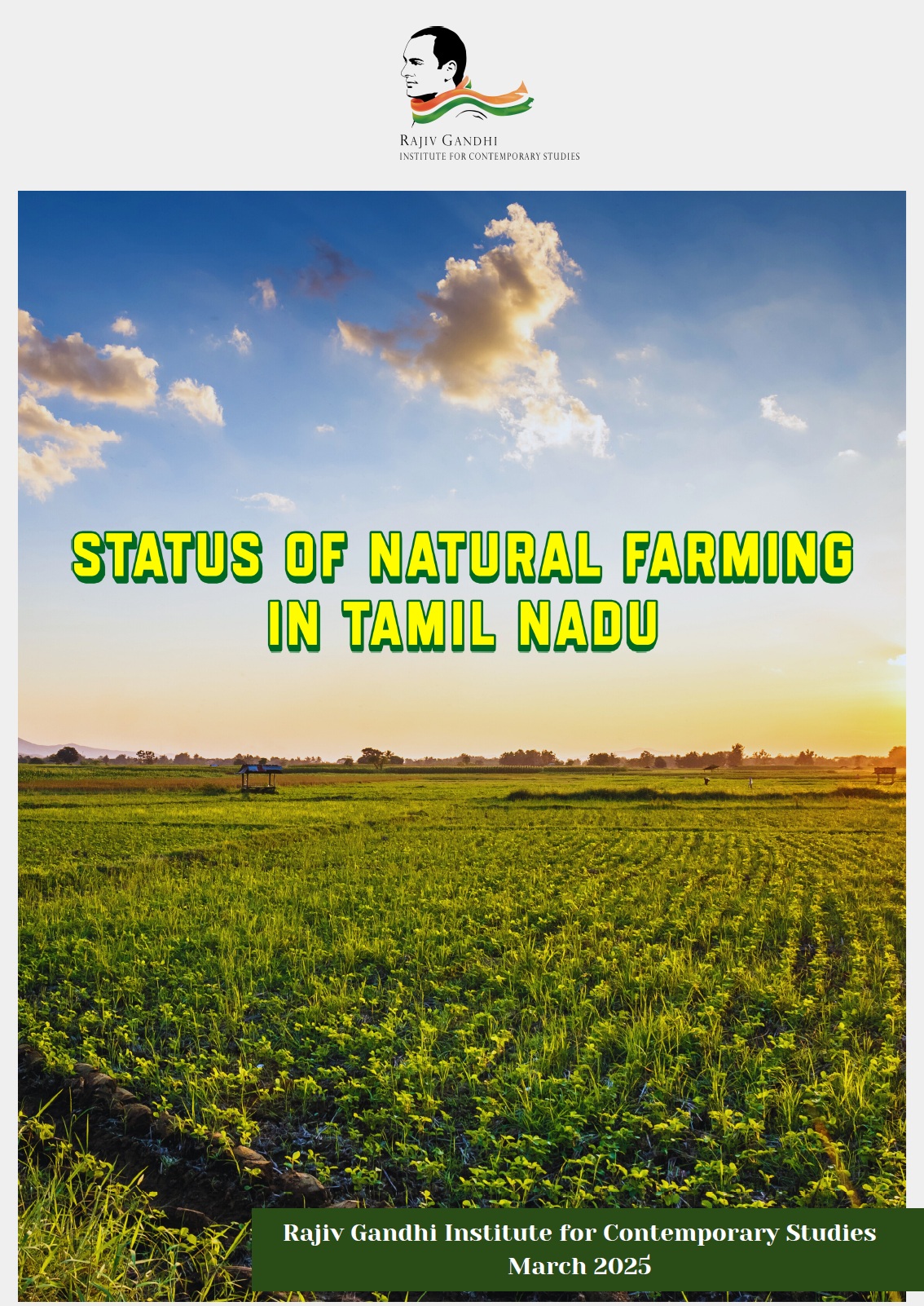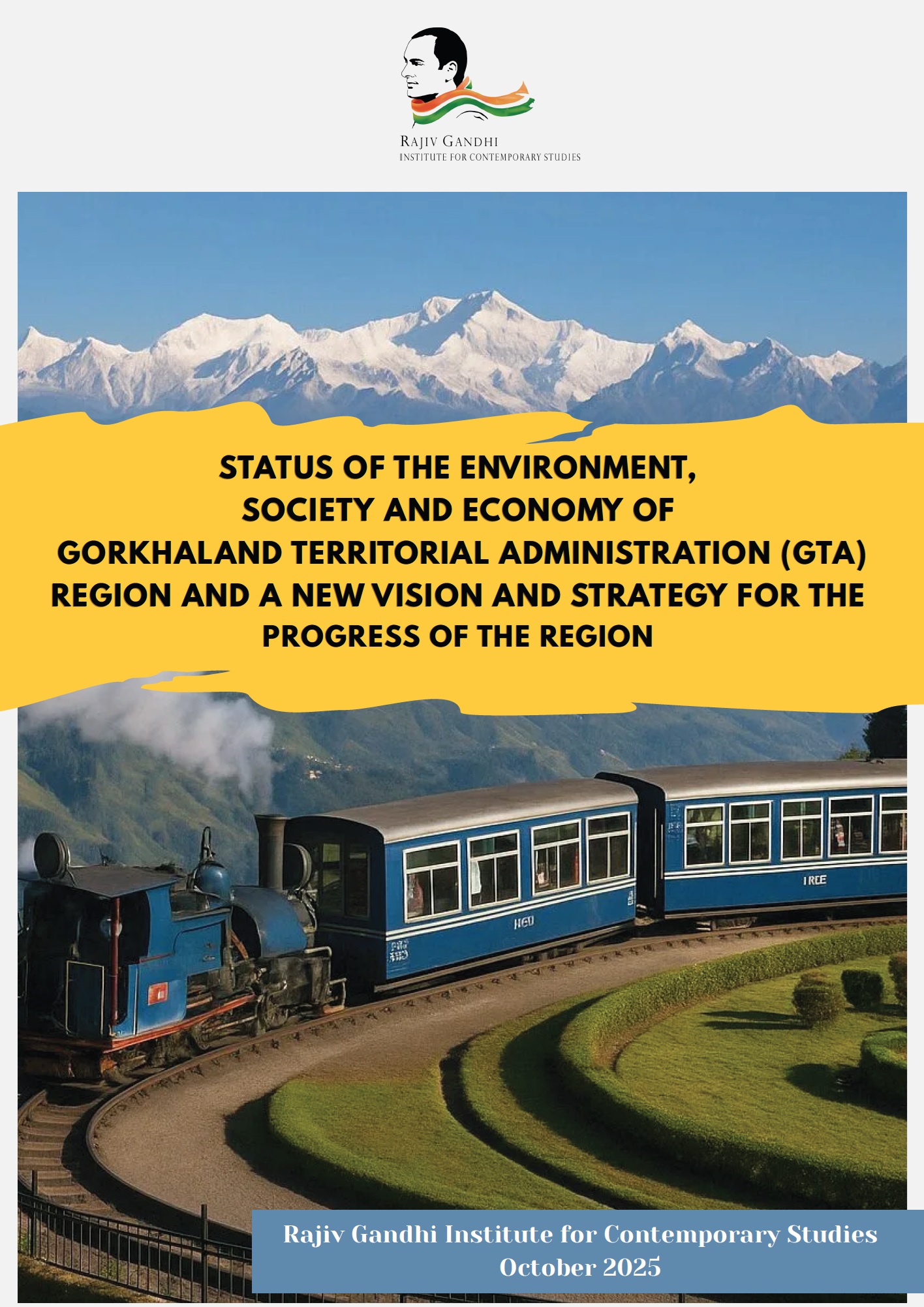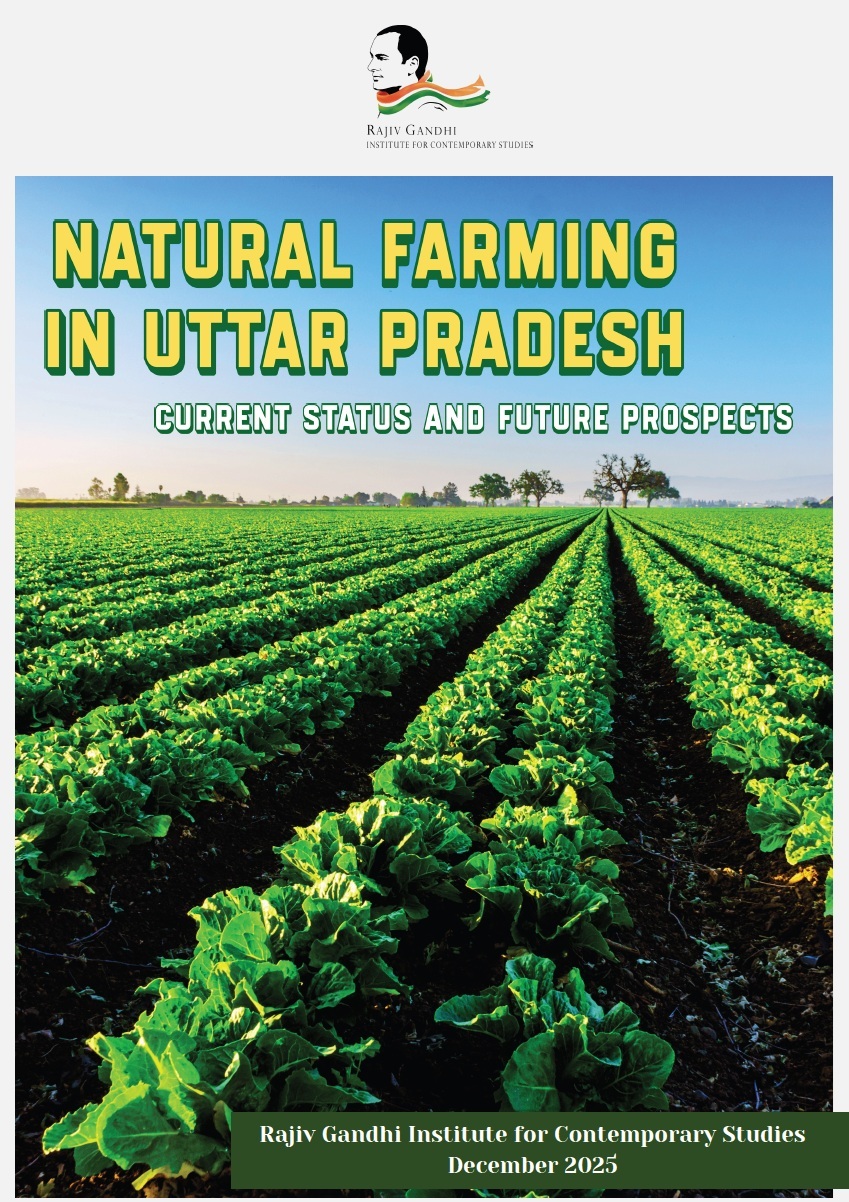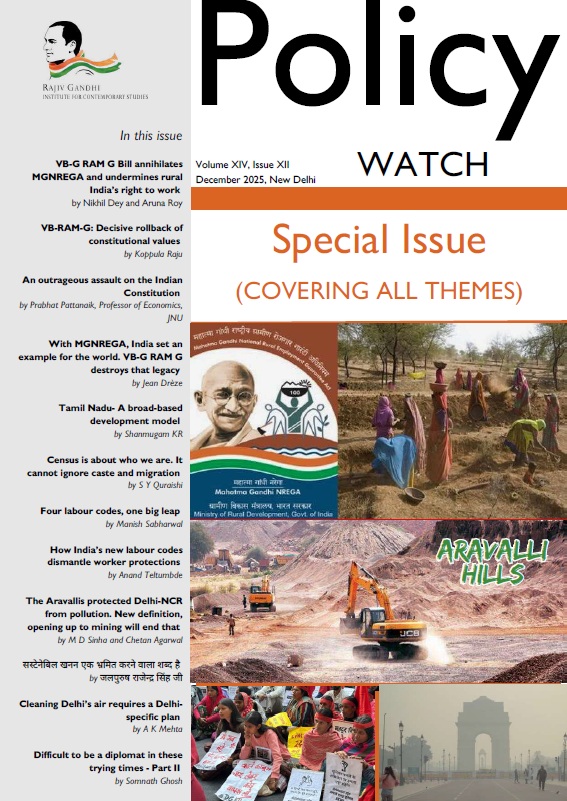The COVID-19 lockdown revealed major flaws in India’s food security system. While the National Food Security Act (NFSA) was designed to provide affordable food to millions, many people—especially migrant workers—were left struggling to access rations. Outdated data, lack of ration card portability, and supply chain disruptions meant that even government relief efforts failed to reach those in need. The report argues that expanding the Public Distribution System (PDS), improving logistics, and making food access universal—at least temporarily—are crucial to preventing future hunger crises.
The NFSA, passed in 2013, aims to provide subsidized food grains to a majority of the population. However, problems like poor storage, inefficient targeting, and bureaucratic delays have made its implementation patchy. When the lockdown hit, the system struggled under the sudden demand. Migrant workers, who had no local ration cards, were especially vulnerable—many were forced to skip meals or rely on charity.
Beyond exclusion errors, the pandemic caused a food supply chain breakdown. Farmers were unable to transport crops, leading to price surges. The government announced relief measures, including additional free rations, but millions still fell through the cracks due to outdated census data. Even though states tried to step in, they lacked the resources for large-scale food aid.
The report calls for urgent reforms: universal food distribution for at least six months, better tracking of beneficiaries, and stronger storage infrastructure. In the long run, India needs to improve food distribution, digitize records, and ensure a safety net for vulnerable populations. COVID-19 made one thing clear—food security needs to be a right, not a privilege.
Keywords: Food Security, National Food Security Act (NFSA), Public Distribution System (PDS), COVID-19, Migrant Workers, Relief Package, Hunger, Supply Chain, Exclusion Errors, Universalization
Food Security in India: Some General Concerns and The Covid Crisis
Send download link to:

